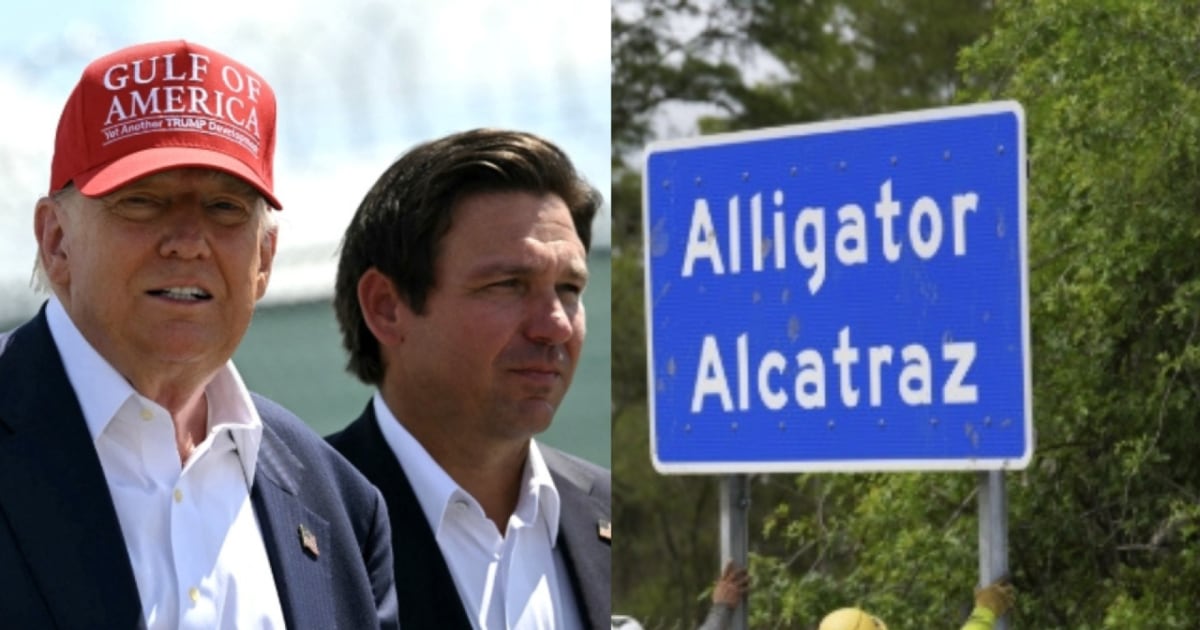Understanding the Dynamics of Political Discourse: Key Highlights and Perspectives
The political landscape is perpetually evolving, influenced deeply by current events and the figures at the forefront of these discussions. The recent statements and moves by figures such as Congressman Robert Garcia underscore the complexities and tensions of contemporary American politics.
A Closer Look at Robert Garcia’s Assertions
In a recent segment, Congressman Robert Garcia declared the Trump family the biggest "con people in the history of modern American politics." His statement, while provocative, highlights the ongoing struggle many Democrats face in articulating their positions and countering the narratives established by the Trump administration and its supporters. As the newly elected democratic ranking member on the House Oversight and Government Reform Committee, Garcia’s statements reflect a shift towards a more aggressive stance against perceived dishonesty within political elite circles.
The Backdrop of Immigration Policies
The political discourse around immigration continues to be a hot-button issue. Garcia’s commentary connects with broader concerns regarding the Trump administration’s mass deportations, which have polarized opinions and become a rallying point for many Democrats. With figures like Los Angeles Mayor Karen Bass vocalizing strong opposition to recent ICE raids, there’s a visible mobilization of Democratic leadership that is both tactical and urgent.
Bass’s emphasis on the necessity of basic rights for all individuals resonates through several recent policies aimed at reforming immigration laws. This advocacy is indicative of a larger movement within the party to prioritize humane treatment of immigrants as a core value.
Tariff Policies and Economic Tensions
Another pivotal area of discourse is President Trump’s proposal to impose 30% tariffs on goods from Mexico and the EU. His administration’s approach to trade has drawn both praise and criticism, depending on which segment of the populace you consult. Some supporters argue that this is a strategic negotiating tactic; detractors, however, claim it harms American consumers and economic stability.
Political strategist discussions indicate a “perfect storm” arising from Trump’s fiscal strategies, suggesting that the ramifications of such tariff policies could disproportionately affect middle-class Americans. This sentiment fosters a sense of urgency among Democrats to outline clear economic alternatives.
The Influence of Scandals and Emerging Narratives
The political arena is also heavily shaped by various scandals and issues related to high-profile figures. The release of Jeffrey Epstein files and their implications for Trump loyalists is a prime example of how past actions and associations can resurface to complicate current political alliances. The fallout from these revelations has stoked new debates about accountability among politicians, especially those who have shown steadfast loyalty to the former president.
Moreover, Congressman Garcia’s emphasis on integrity and transparency within American politics stands in stark contrast to the shadow cast by such controversies. The need for renewed ethical standards appears to be a thread that many Democratic leaders are weaving into their narratives.
Community Response to Natural Disasters
In addition to addressing immigration and economic policies, discussions surrounding actual disasters highlight the resilience of communities. Recent deadly flooding in Texas serves as a backdrop for individual stories of survival and community support. Perspectives from survivors and local leaders reveal the deep bonds forged in adversity, showcasing the human spirit’s ability to rally together in times of crisis.
The political implications of such natural disasters are significant; recovery efforts often feed into broader discussions about funding, governmental responsibility, and the inadequacy of disaster responses under current policies. Such narratives are crucial, as they help shape public perception and governmental accountability.
The Complexity of Political Predictions
As political leaders navigate these various challenges, analysts and strategists are pondering the potential outcomes of forthcoming elections and policies. Republican and Democratic representatives alike are grappling with the potential impact of Trump’s “megabill” on everyday Americans. There’s a prevailing sentiment that the electorate may express significant dissatisfaction with both major political parties if they perceive a failure to address pressing issues directly affecting their lives.
This complexity reflects a political environment that is not only fluid but also deeply interconnected, with each actor influenced by the others in a continually evolving narrative. From immigration to trade to community resilience, the ongoing discussions are a testament to the intricate fabric of American politics today.
By engaging with these diverse topics, we can better understand the multifaceted dynamics at play in the political sphere, enriching our comprehension of the national dialogue.


